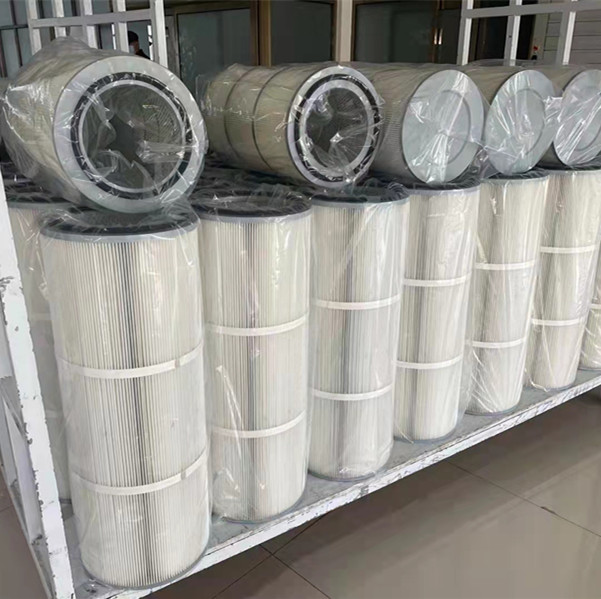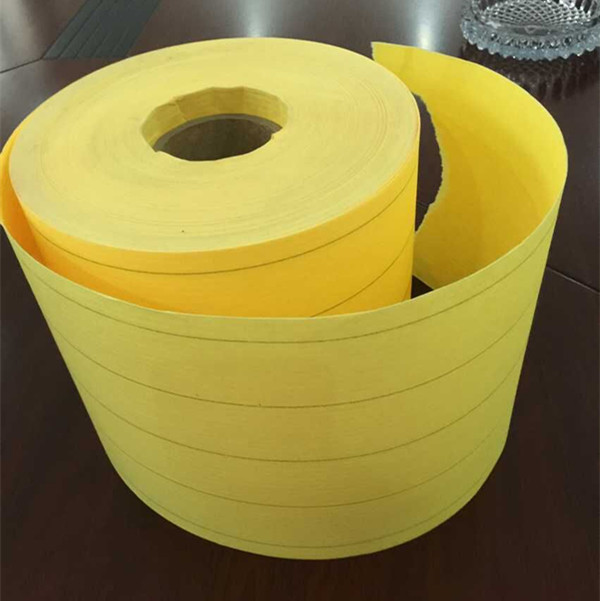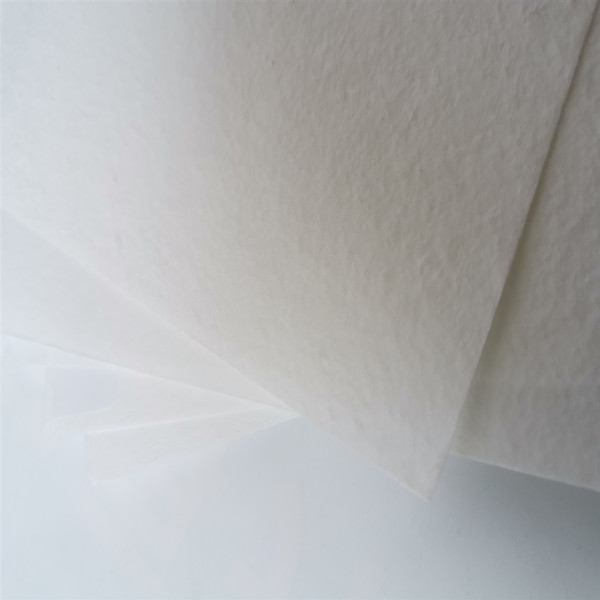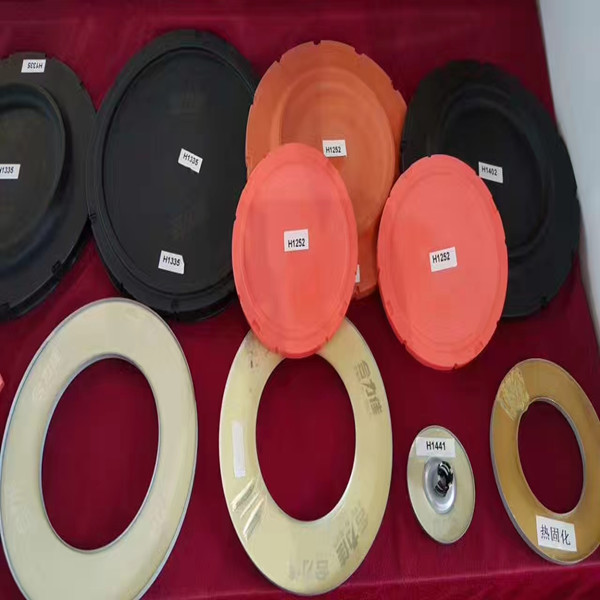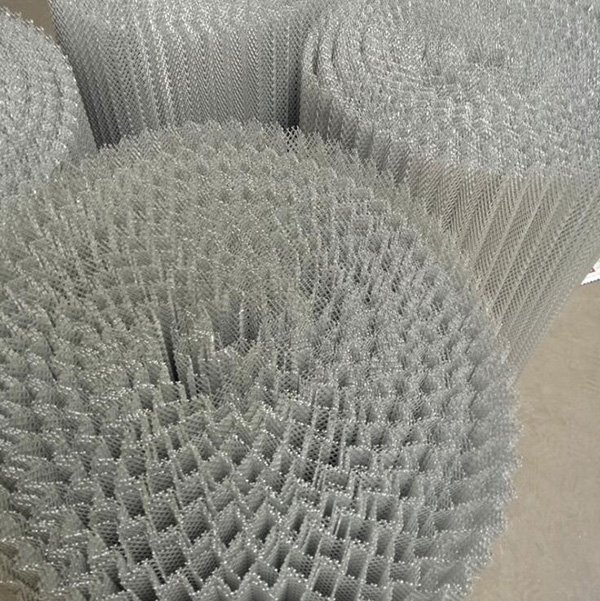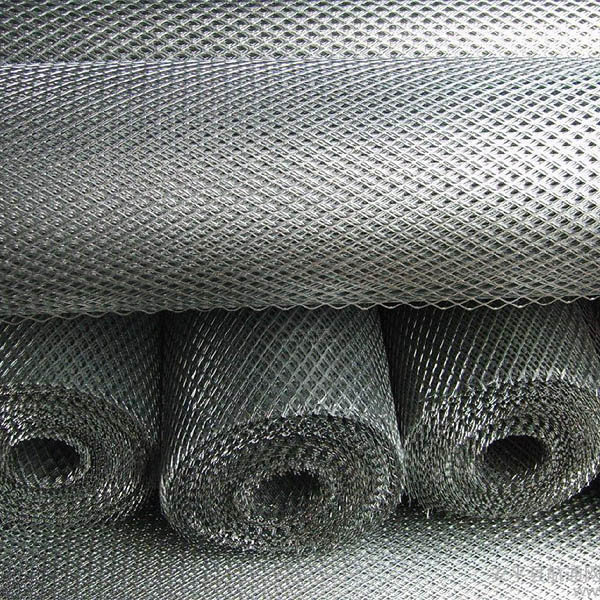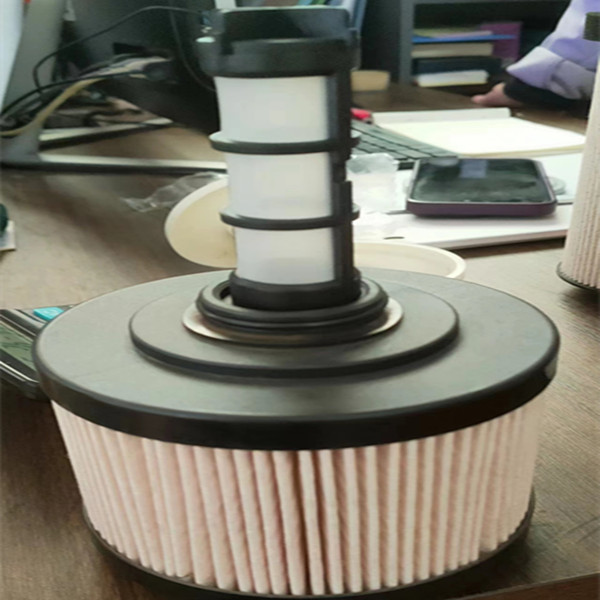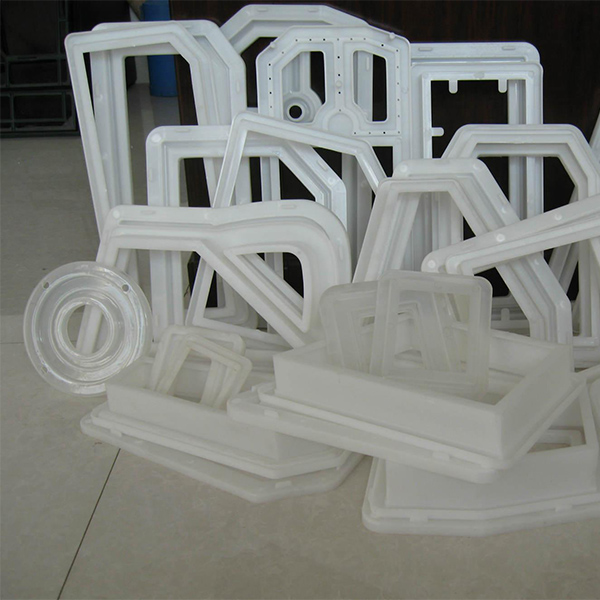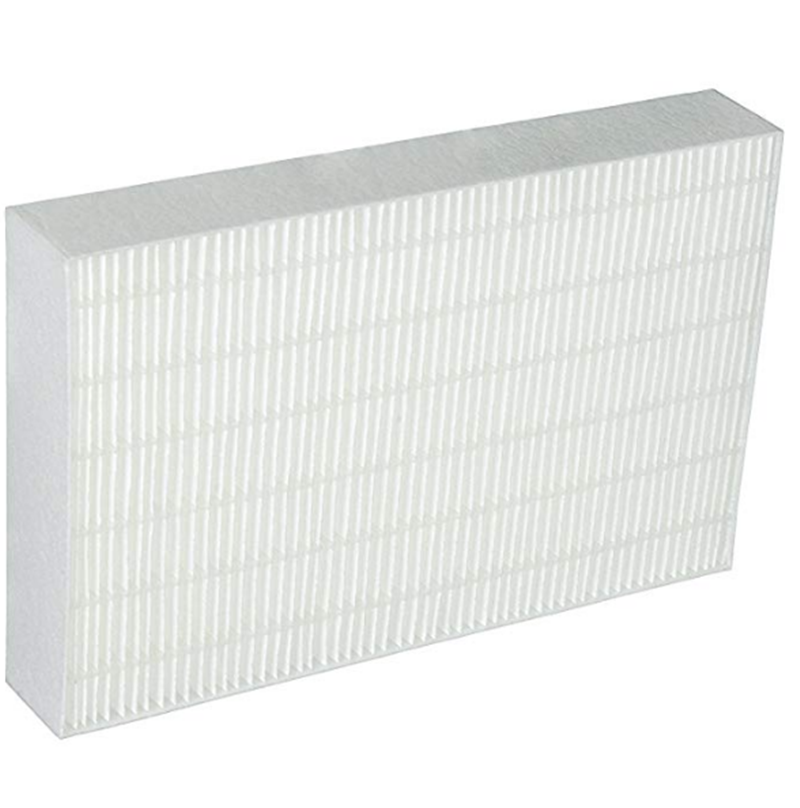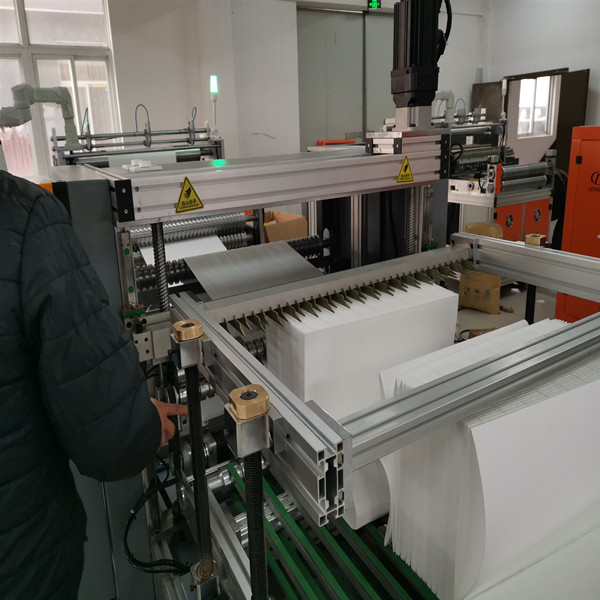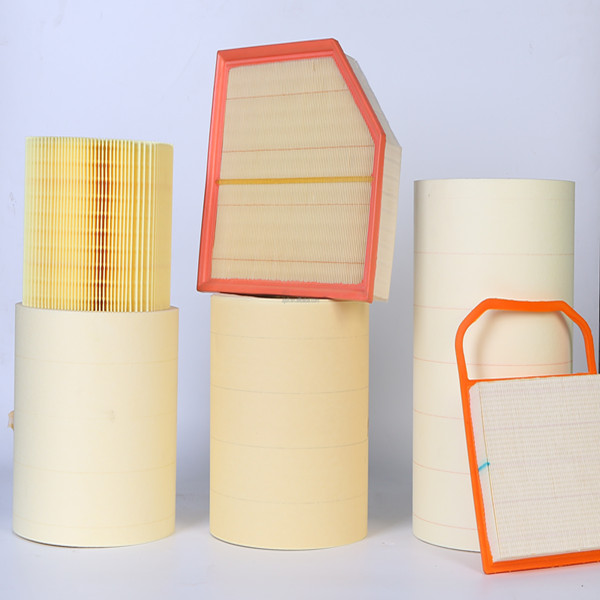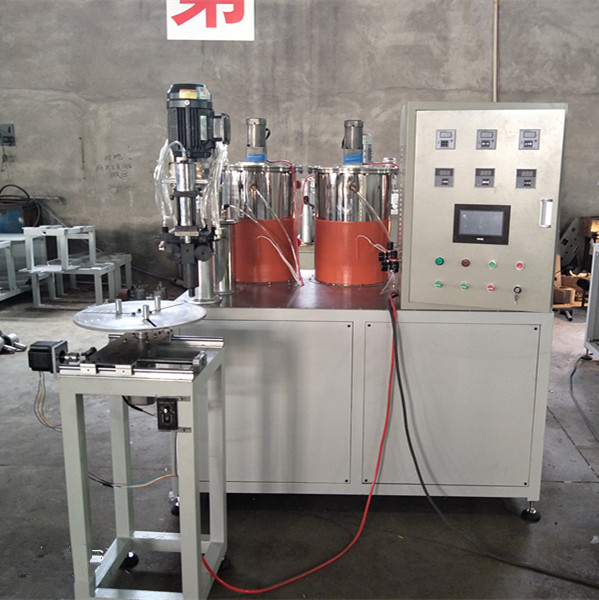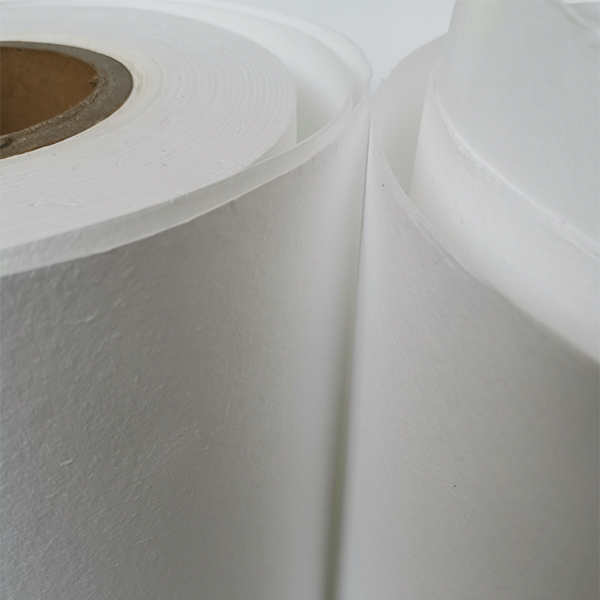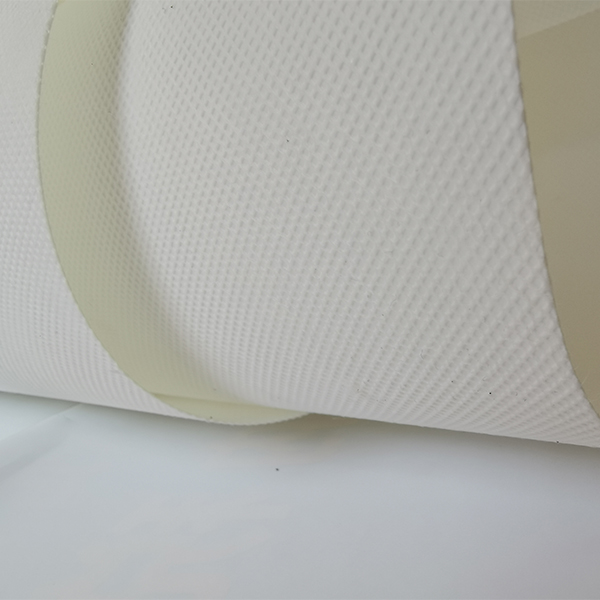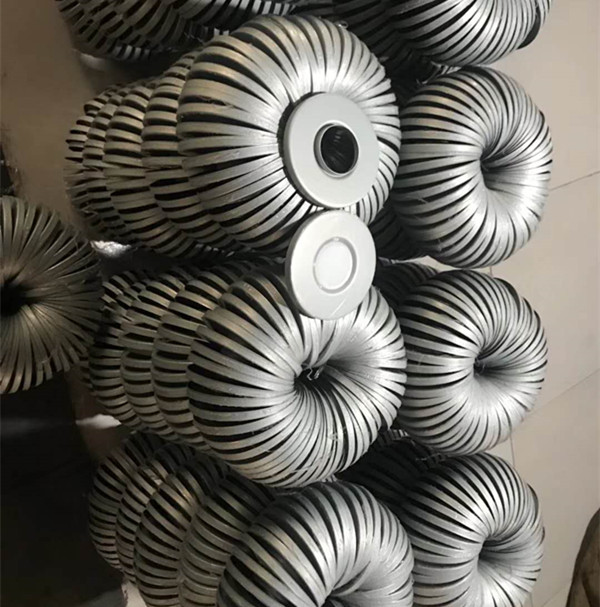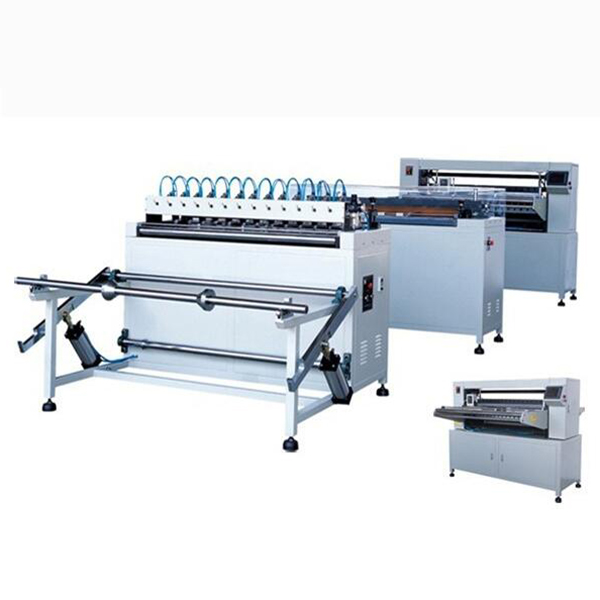Metal Mesh Filters: What They Are and Why They Matter Globally
Metal mesh filters are more than just screens or sieves — they’re quiet workhorses in industries from water treatment to aerospace. Across continents and sectors, these filters help purify, protect, and optimize resources. Why should anyone outside filtration geeks care? Because clean air, water, and fuel pipes matter. And that matters for health, productivity, and even peace of mind.
Understanding how metal mesh filters operate and their global footprint offers insight into tackling pollution, improving industrial efficiency, and enhancing humanitarian responses worldwide. Plus, they embody a fascinating mix of old-school metallurgy and futuristic design.
Global Context: Why Metal Mesh Filters Are Industry Game Changers
Let’s face it: environmental regulations, increasing demand for clean water, and stricter emissions controls have made filtration a frontline concern worldwide. According to the ISO 14001 Environmental Management standards, industries must prioritize pollution control mechanisms — metal mesh filters fit right in.
In fact, the World Bank estimates that over 2 billion people globally lack access to clean drinking water. Metal mesh filters help by enabling cost-effective purification systems in municipal plants and remote communities alike.
From pollution controls in Asia’s industrial corridor to water recycling plants in Europe, these filters are critical. They balance robustness, affordability, and precision filtration — a trio not easy to juggle.
What Exactly Are Metal Mesh Filters?
In plain terms, a metal mesh filter is a fine, woven or perforated metal screen that removes particles or contaminants from fluids or gases. The materials vary—stainless steel, bronze, or nickel alloys, typically — but the principle stays the same: let the 'good stuff' flow, block the 'bad stuff.'
These filters link tightly to modern industrial and humanitarian needs because they are reusable, heat-resistant, and easy to clean. Unlike disposable synthetic filters, metal mesh solutions last years, making them a favorite in sectors where downtime or waste is costly.
Key Factors Behind Metal Mesh Filters’ Utility
Durability
The choice of stainless steel or high-grade alloys means these filters withstand harsh chemicals, extreme temperatures, and abrasive conditions. This durability is a huge advantage in industries like oil refining or aerospace, where replacement opportunities are rare or costly.
Scalability
From tiny microns in delicate medical devices to giant screens in water treatment plants, metal mesh filters can be scaled up or down. Many engineers say that’s what sets them apart — you get the same basic durability, but the size and mesh grade adapt to different challenges.
Cost Efficiency
While initial costs might be above some plastic filters, the lifespan and maintenance reduction balance the equation nicely — especially if you factor in downtime, waste management, and environmental penalties.
Customizability
Metal mesh filters are not one-size-fits-all. Weaving pattern, mesh size, and materials can be tailored to exact needs — whether that’s removing oil particles from fuel lines or blocking contaminants in pharmaceutical processing.
Reusability and Maintenance
Outdoor and industrial environments appreciate how easily these filters can be cleaned and reused without losing structural integrity. That’s a sustainability plus, especially where supply chains are fragile.
Global Applications & Real-World Use Cases
Oddly enough, you find metal mesh filters everywhere — in big city water plants, remote industrial zones, disaster relief water distribution, automotive fuel systems, and even spacecraft engines. Here are some snapshots:
- Water purification in sub-Saharan Africa: NGOs install metal mesh filters in community water kiosks. Their robustness cuts down replacement frequency, a big plus where maintenance crews are few.
- Oil and gas refineries: High-temperature resistant mesh filters trap particulates, protecting expensive machinery and reducing downtime in Middle Eastern facilities.
- Post-disaster relief: After floods or hurricanes, portable filtration systems with mesh filters enable clean water access quickly without relying on complex infrastructure.
- Electronics manufacturing: Ultra-fine mesh filters remove microscopic particles in clean rooms, ensuring product quality in East Asia’s semiconductor hubs.
- Automotive industry: Fuel line filtration improves engine efficiency and lowers emissions worldwide.
Advantages and Long-Term Value of Metal Mesh Filters
Beyond simple particle filtration, these metal mesh components bring quite a few tangible benefits.
- Sustainability: Being reusable and recyclable aligns well with global eco-goals.
- Cost-effective: Extended service life and reduced frequency of replacements save money.
- Safety and trust: Reliable filtration ensures clean resources, protecting health and building trust in organizations deploying them.
- Technical innovation: Continuous refinement of mesh weaving and metallurgy enhances performance, often outperforming synthetic filters.
Emotionally, the feeling of having a dependable, long-lasting solution can’t be overstated — confidence in your filtration means less worry about what’s in the air, water, or fuel.
Future Trends and Innovations Shaping Metal Mesh Filters
The buzz around green energy and digital transformation is pushing filter tech forward. Composite metal meshes infused with nanomaterials promise higher filtration efficiency while cutting weight. Automation integration means real-time monitoring and predictive maintenance — less downtime, faster response.
In sustainability policy circles, mandates for zero waste and circular manufacturing hint at wider adoption of robust, reusable filters rather than single-use plastics. And then there’s additive manufacturing (3D metal printing) that allows previously impossible complex mesh geometries.
All told, it feels like metal mesh filters are quietly entering a renaissance.
Challenges and How Industry is Responding
Of course, no solution is flawless. Typical challenges include:
- Clogging risks: Fine meshes can clog, requiring careful maintenance or automated cleaning.
- Cost barriers: Higher upfront investments deter some small-scale users.
- Material fatigue: Even robust metals may suffer wear in extreme environments.
To address these, companies are investing in advanced coatings to repel fouling, modular filter designs to speed replaceability, and smart sensors to predict performance drops. Collaboration with NGOs helps subsidize access for underserved regions, too.
FAQ: Frequently Asked Questions About Metal Mesh Filters
- Q: How long do metal mesh filters typically last in industrial settings?
- A: Depending on application and maintenance, metal mesh filters can last anywhere from 5 to 20 years. Proper cleaning and periodic inspections greatly extend service life.
- Q: Are metal mesh filters compatible with corrosive or high-temperature environments?
- A: Yes. Materials like stainless steel and nickel alloys provide excellent resistance to corrosion and heat, making these filters ideal for harsh industrial conditions.
- Q: Can these filters be customized for specific particle sizes?
- A: Absolutely. Mesh sizes range from coarse to ultra-fine, and weaving patterns are tailored to each filtration requirement.
- Q: Do metal mesh filters require special cleaning techniques?
- A: Typically, cleaning involves backflushing, ultrasonic cleaning, or chemical soaking depending on contamination type. They are designed for easy maintenance.
Product Specification Table
| Specification | Typical Range | Application Notes |
|---|---|---|
| Material | 304/316 Stainless Steel, Nickel Alloys | Corrosion and heat resistant for harsh environments |
| Mesh Size | 10 to 500 microns | Adjustable for particle size precision |
| Thickness | 0.1 to 2 mm | Varies by filtration pressure needs |
| Operating Temp. | -200°C to 800°C | Suitable for cryogenic and high-heat industrial processes |
| Lifespan | 5-20+ years | Depends on maintenance and operating conditions |
Vendor Comparison: Leading Metal Mesh Filter Suppliers
| Vendor | Material Options | Customization | Typical Industries Served | Lead Time |
|---|---|---|---|---|
| FiltraTech Ltd. | 304/316 SS, Bronze | High (mesh size, weave pattern) | Water treatment, Oil & Gas | 4-6 weeks |
| PureMesh Solutions | Nickel alloys, Stainless Steel | Medium (focus on high-temp meshes) | Aerospace, Electronics | 6-8 weeks |
| EcoFilter Works | Stainless Steel (eco-certified) | High (emphasizes sustainability) | NGOs, Water treatment, Agriculture | 3-5 weeks |
Conclusion: The Quiet Backbone of Reliable Filtration
Looking back, metal mesh filters may seem unassuming, but their impact echoes across global industries, humanitarian efforts, and environmental initiatives. Their combination of durability, customizability, and sustainability make them wise investments for anyone serious about clean water, air, or fuel.
For manufacturers or organizations pondering a new filtration strategy, these filters offer proven benefits no synthetic alternative quite matches. Curious to explore the full range and applications? Visit us at https://www.anyafiltermedia.com and let’s unlock new filtration possibilities together.
References:
1. ISO 14001 Environmental Management
2. World Bank Water Data
3. Filtration - Wikipedia
Post time: Nov-20-2025

